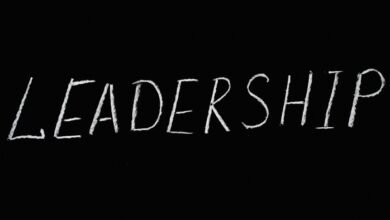7915 Emergency Call Success Ratio

The success ratio of the 7915 Emergency Call Hotline offers critical insights into its role in mental health crisis intervention. By examining call volumes and their respective outcomes, one can discern patterns that reflect the hotline’s operational effectiveness. Factors such as response times and public awareness significantly influence these outcomes. Understanding these dynamics is essential for evaluating the hotline’s impact and identifying potential areas for enhancement in service delivery.
Understanding the 7915 Hotline: Overview and Purpose
The 7915 hotline serves as a vital resource designed to address mental health crises and provide immediate support to individuals in distress.
Established to enhance mental health service models, its history reflects a commitment to accessible assistance.
The hotline’s structured approach allows trained professionals to offer guidance, ensuring individuals in crisis can find solace and direction, promoting autonomy and empowerment in their recovery process.
Analyzing Success Rates: Statistics and Trends
Evaluating the effectiveness of the 7915 hotline involves examining success rates, which are critical for understanding its impact on mental health crisis intervention.
Success metrics reveal the correlation between call volume and successful outcomes, highlighting trends over time.
Analyzing these statistics provides insight into the hotline’s operational efficiency and effectiveness, ultimately guiding improvements that enhance support for individuals in crisis.
Factors Influencing Response Times
While numerous elements can impact response times for the 7915 hotline, key factors include call volume, staffing levels, and the complexity of individual cases.
High call volumes can overwhelm emergency services, leading to longer response times. Insufficient staffing exacerbates delays, while complex cases may require more time to assess and respond, ultimately affecting the overall efficacy of emergency response efforts.
Public Awareness and Effective Utilization of the Hotline
Public awareness plays a crucial role in the effective utilization of the 7915 hotline, as a well-informed community is more likely to seek assistance appropriately and efficiently.
Community engagement initiatives and hotline education programs are essential for enhancing understanding of when and how to use the hotline. Such efforts contribute to improved response rates and ultimately ensure better outcomes for those in need of emergency services.
Conclusion
In conclusion, the 7915 Emergency Call Hotline serves as a lifeline, much like a beacon guiding distressed individuals through turbulent waters. Its success ratio, bolstered by continuous evaluation and strategic improvements, underscores its critical role in mental health crisis intervention. By understanding the factors that influence response times and promoting public awareness, the hotline can enhance its accessibility, ultimately empowering individuals on their recovery journey. Sustained focus on these metrics will ensure its effectiveness for years to come.




